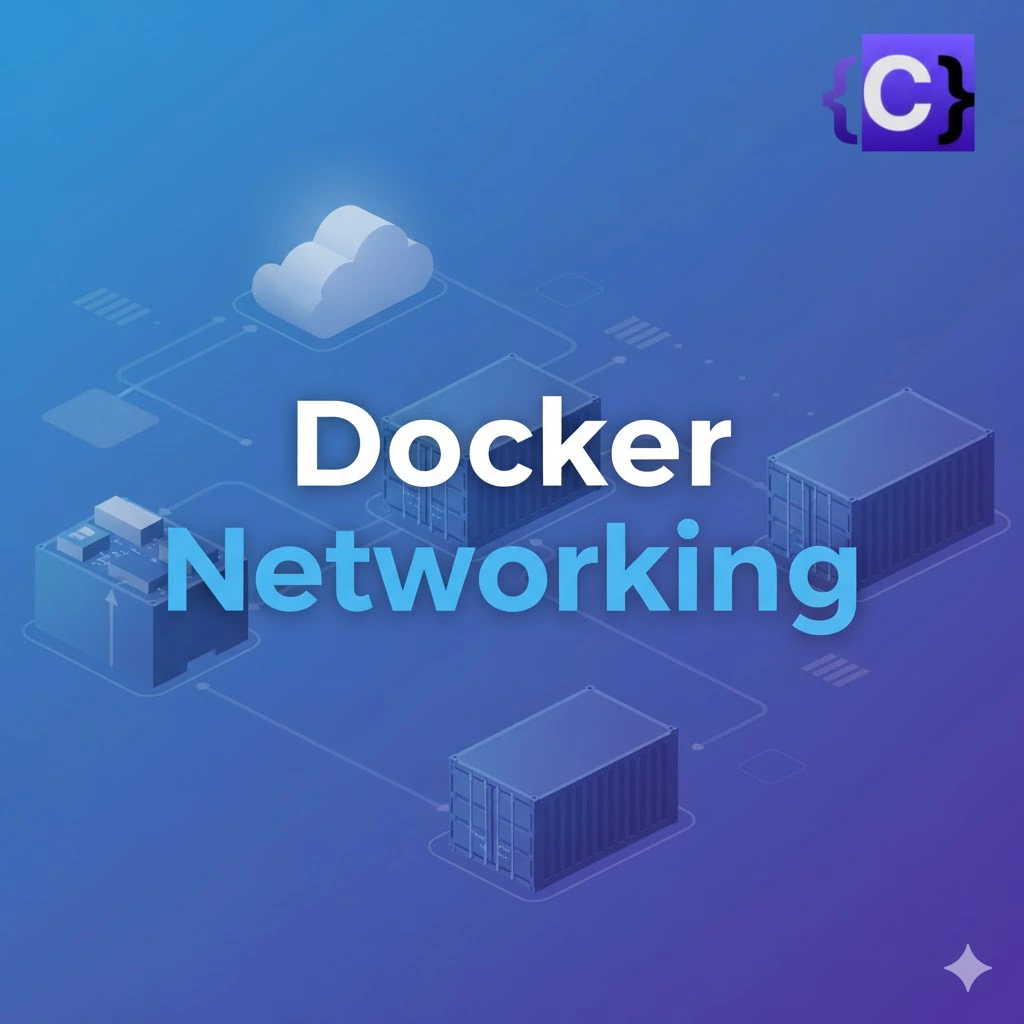
Docker Networking
Docker is a containerization platform that uses OS-level virtualization to package applications and their dependencies into lightweight containers. These containers run on any system that has Docker or a compatible […]

Docker is a containerization platform that uses OS-level virtualization to package applications and their dependencies into lightweight containers. These containers run on any system that has Docker or a compatible […]
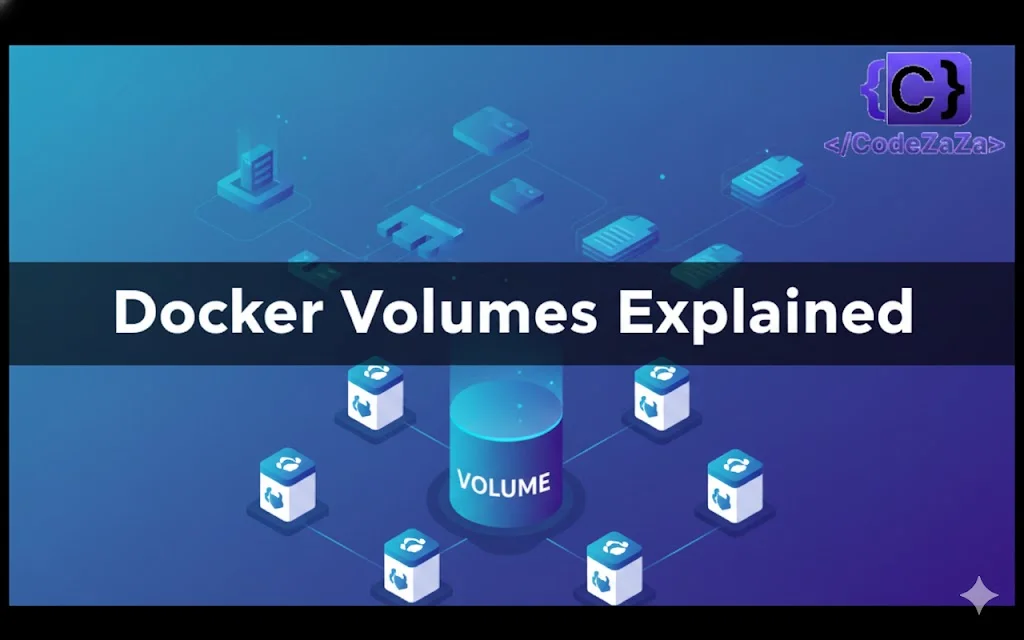
Docker containers work really well with stateless applications—apps that don’t need to save data—because everything inside a container disappears when it stops, crashes, or is replaced. Any changes you make […]
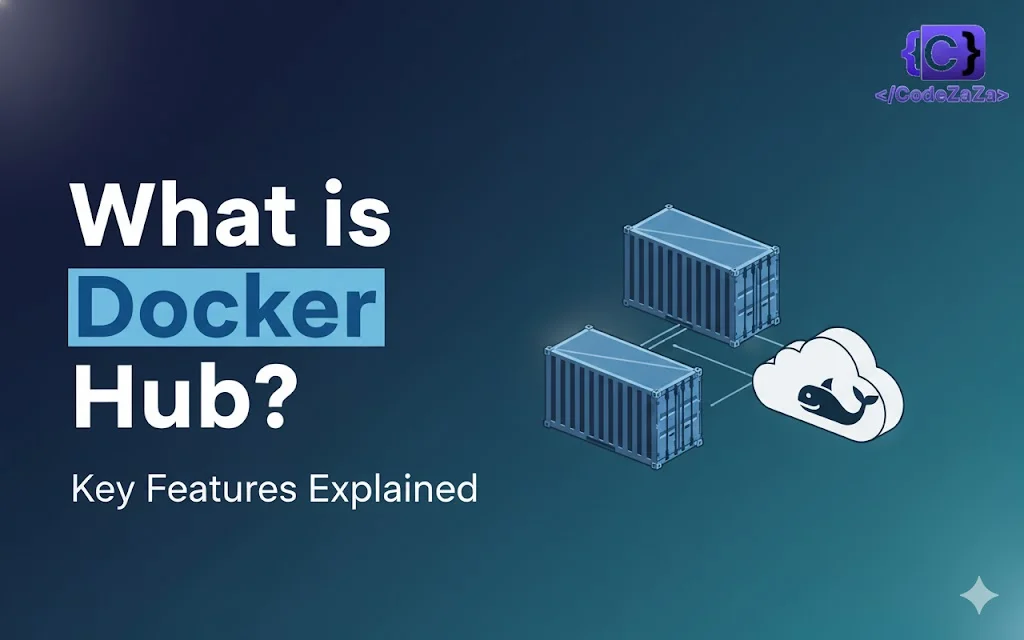
Docker Hub is a cloud-based repository service that helps users store, share, and manage Docker container images. Docker offers this service as part of its platform. Developers use Docker to […]
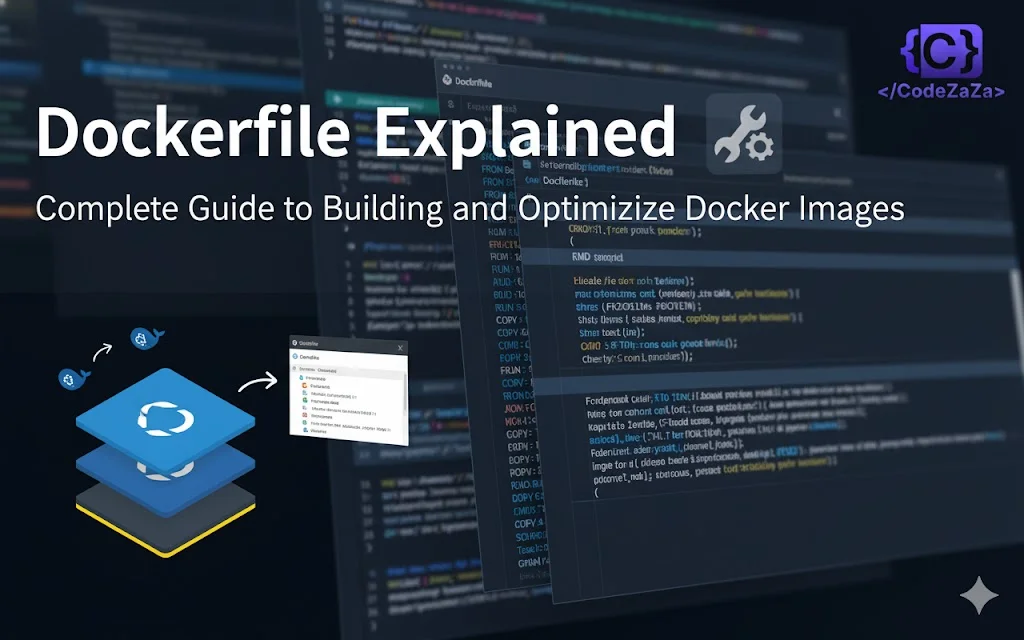
In today’s fast-paced software development world, consistency and efficiency in application deployment are crucial. Docker has revolutionized the way developers package, ship, and run applications. At the heart of Docker’s […]
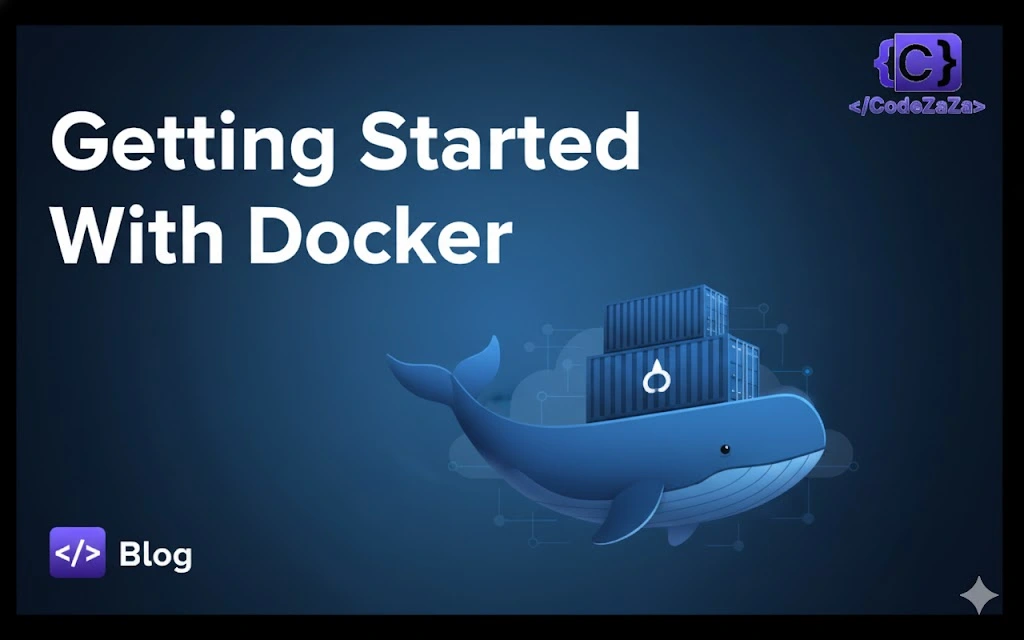
In today’s fast-paced software world, consistency and speed are crucial. Docker has changed the way developers build, test, and deploy applications by allowing them to package apps and all their […]
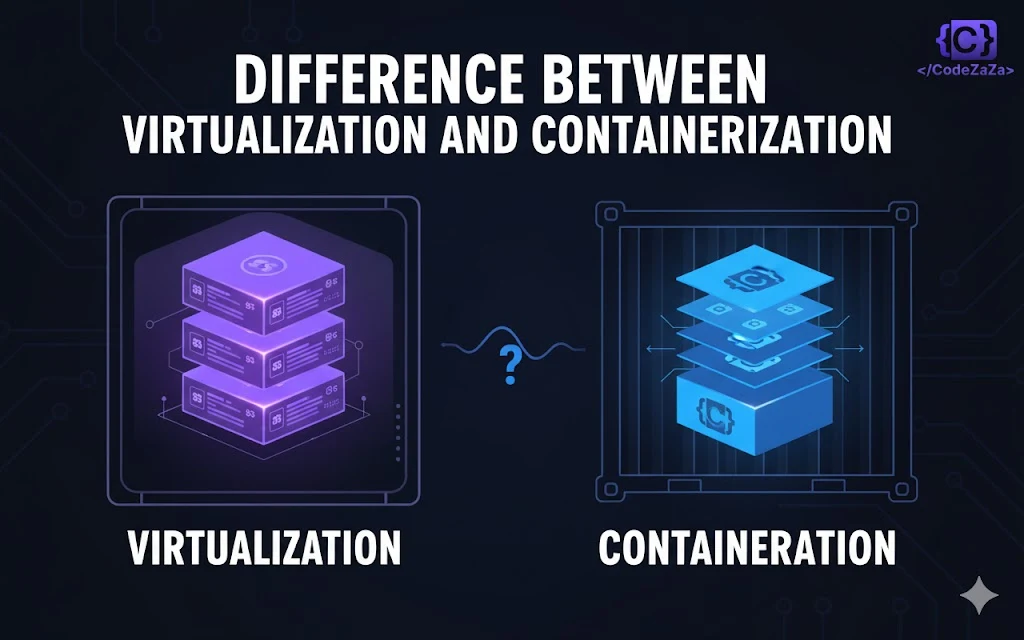
In today’s fast-paced world of software development and cloud computing, organizations constantly seek better ways to deploy, manage, and scale applications efficiently. Two core technologies that have transformed this space […]
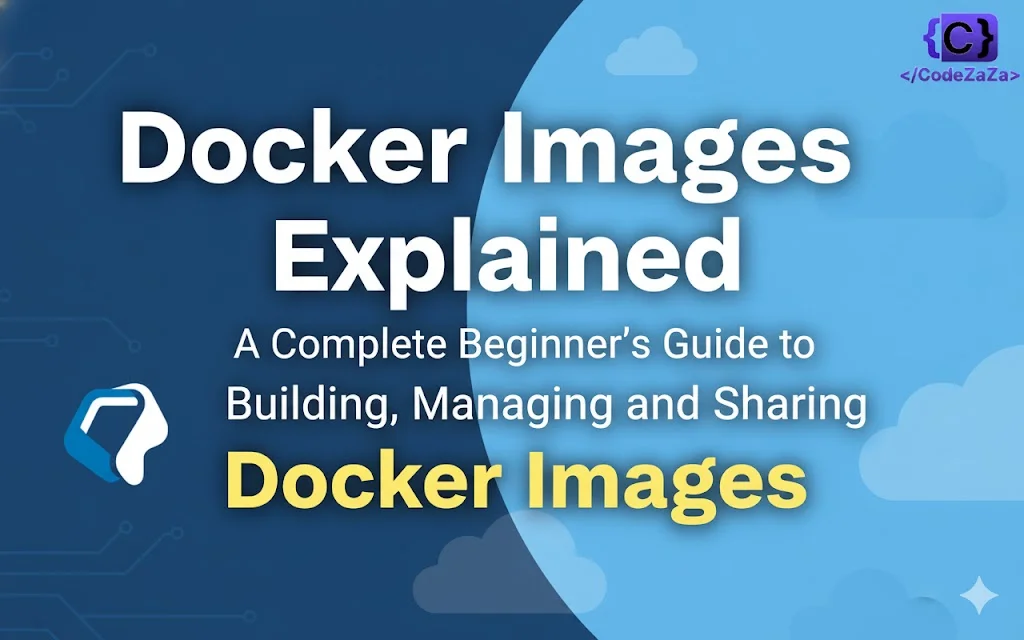
Docker images are self-contained templates that are used to build containers. They make use of a tiered file system to store data effectively. Each layer, which contains instructions such as […]
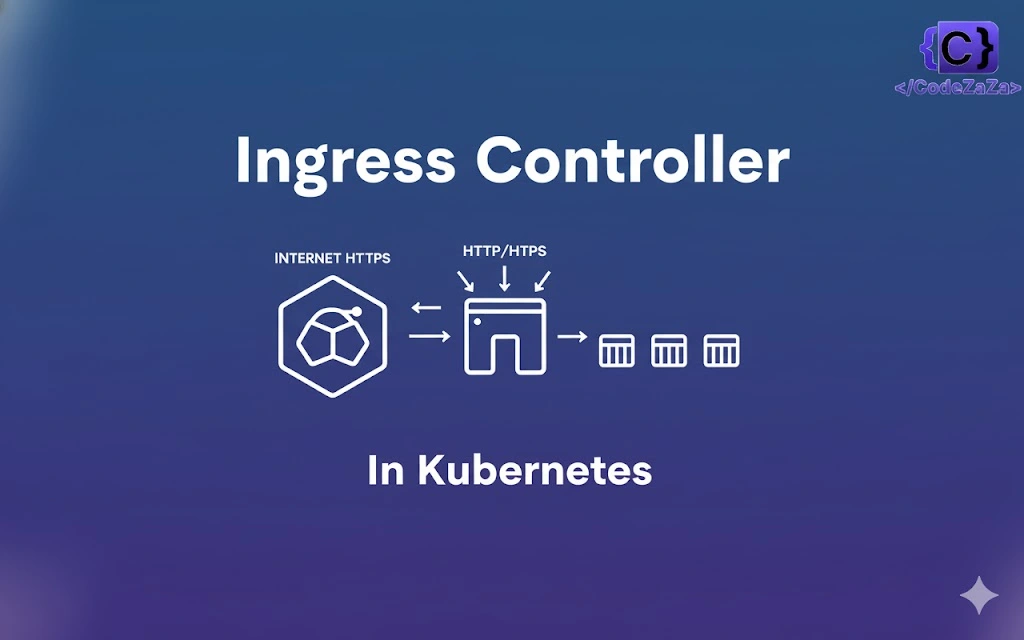
Kubernetes services are an essential component of any Kubernetes deployment. They allow you to expose your application to other parts of your cluster and the outside world by providing a […]

A Kubernetes admission controller acts like a gatekeeper for your cluster. It checks every request that reaches the Kubernetes API server before the system saves it, but after the user […]
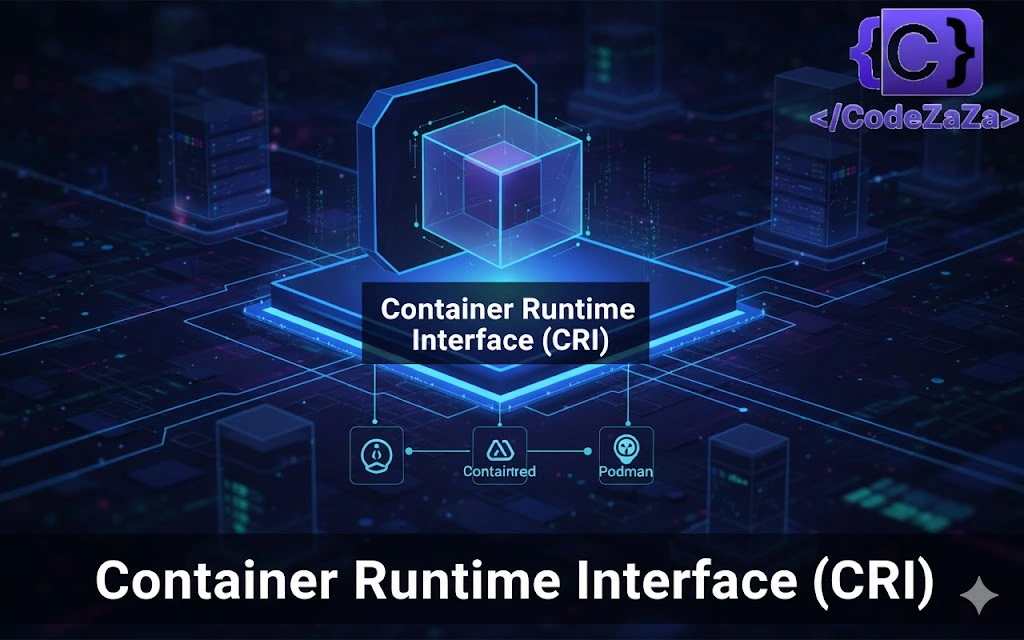
The Container Runtime Interface (CRI) is a plugin that lets the kubelet—a program on every Kubernetes node—use different container runtimes. Container runtimes run containers, which form the foundation of modern […]